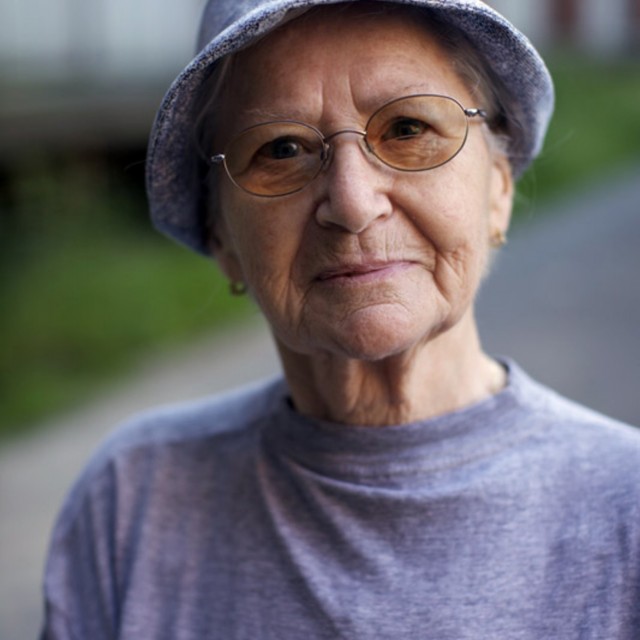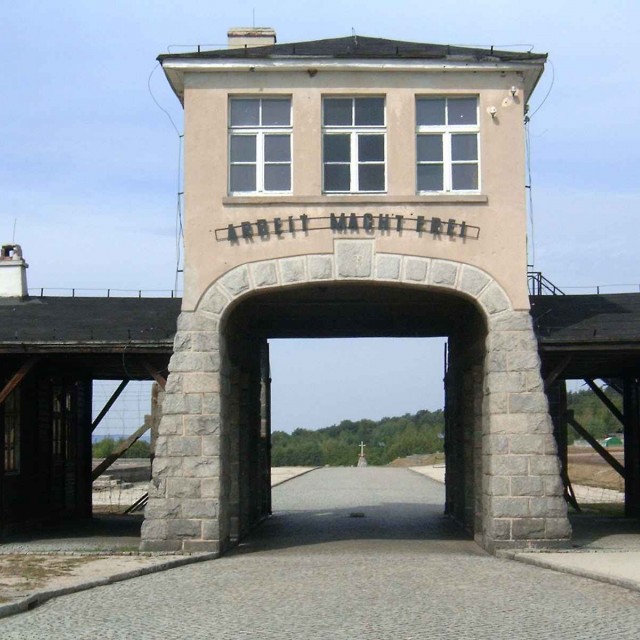Bedbugs helped me to a better work
Libuše Audrlická left for labour camp on March 10, 1943. She was placed into the camp at Hunsfeld, in the suburbs of Wroclaw. The room had a stove but often there was no wood to heat the stove. Moreover, the labourers were troubled by bedbugs. One night Libuše was bitten so severely that her eyes swelled so much, she could not see her work in the factory properly and spoiled the production. She was afraid that they would send her into a concentration camp but eventually she was moved to the kitchen of a French POW camp. In a way, the bedbugs helped her to a better and calmer work. She got regular meals, had access to hot water and no one was much interested in her. Her main task was to peel vegetables and potatoes. When she was finished, she hid with other women in a cloakroom and they talked. In the neighbouring concentration camp Jews were imprisoned to whom they could send the remaining food not consumed by French prisoners. Libuše and her colleagues, however, sent also vegetable and potato peels. And they peeled them so thick that sometimes just a little part remained of a vegetable.
Hodnocení
Hodnotilo 0 lidí
Trasy
Příběh není součastí žádné trasy.
Komentáře
Žádné komentáře k příběhu.





